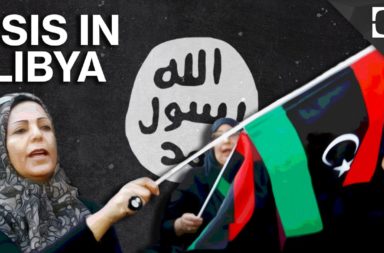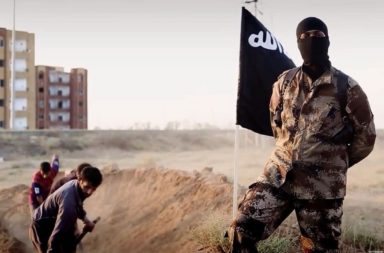Now it’s the Finance ministers turn. Taking a cue from the 1999 strategy that targeted al-Qaeda, 15 countries have now adopted a resolution to cut of ISIS funding. The summit that took place at the UN’s headquarters in New York, for the first time brought together all finance ministers of the security council’s member nations.
The matter at hand is an urgent one. ISIS has brought in roughly one billion dollars this year alone, through extortion, theft, taxation, ransoms, and the sale of antiquities. This number excludes money from bank robberies.
Targeting the money flows and the oil business, as the terrorist’s single most important source of revenue, is crucial to winning the fight against the Islamic State.
According to UN Secretary-General Ban Ki-moon, many States have not yet set up the necessary “legal regimes and institutions to identify and freeze terrorist assets”. Lack of enforcement is one of the key reasons why a previous plan to cut of ISIS money had failed.
Key points of the new resolution now stipulate:
1. Tough sanctions against anybody supporting ISIS.
2. Deeper cooperation between all nations. This includes joint sanctions lists and information sharing.
3. Controls: all participants have to hand a progress report within 120 days. In 45 days Secretary Ban will present a report on the overall strategy.
Ban stressed that cooperation was key. Addressing the summit members he said:
“As Daesh and other terrorist groups disseminate their hateful propaganda and ratchet up murderous attacks, we must join forces to prevent them from acquiring and deploying resources to do further harm.”




